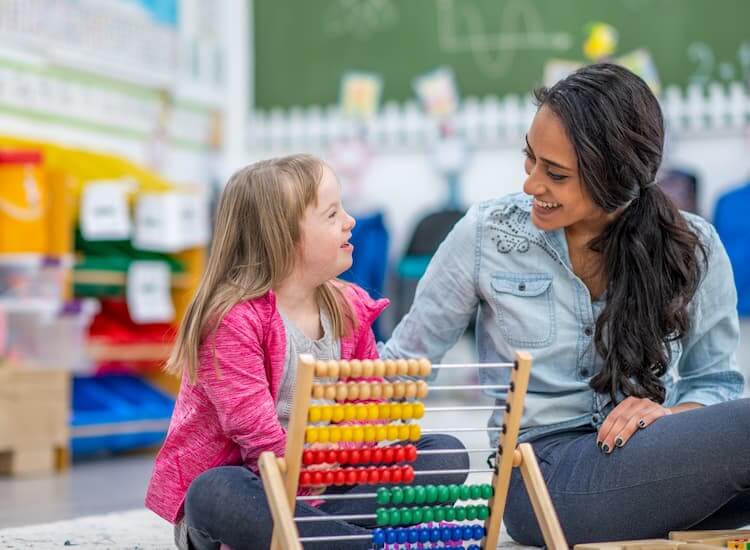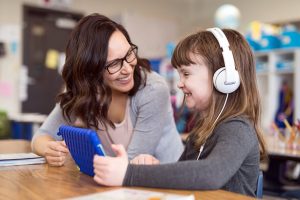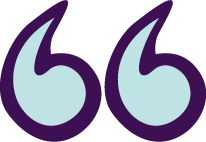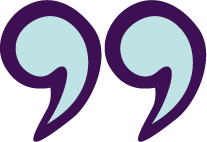Professional development on how to support students with disability is important for teachers, as it helps to ensure that all students are supported and education settings are inclusive.
There are many resources and training opportunities available for teachers in Victoria.
Disability Standards for Education
The Disability Standards for Education set out the rights of students with disability, including:
- Not discriminating against students with disability
- The reasonable adjustments that Australian law requires education providers to make for students with disability
- How to ensure reasonable adjustments are fair to individual students with disability
- Working together with the student, their family and/or other associates
Learn more about the Disability Standards for Education
There are free e-learning courses on the Disability Standards for Education across all levels of education.
Accurate and current information on disabilities and medical conditions
It’s important for educators to maintain up-to-date information about different disabilities and medical conditions to ensure all students are supported appropriately. There are several resources available to help with this.
The Royal Children’s Hospital (RCH) fact sheets
RCH Melbourne has developed Kids Health Info fact sheets to increase understanding of a child’s medical condition and/or treatment. All medical conditions and disabilities are listed alphabetically on the website linking to the relevant fact sheets.
Epilepsy Smart Schools
The Epilepsy Smart Schools program was developed by the Epilepsy Foundation and is supported by the Victorian Department of Education. It supports teachers to provide a safe learning environment for students and ensure the needs of all students are met.
Schools can register as Epilepsy Smart by ensuring students with epilepsy have a current Epilepsy Management Plan or Emergency Medication Management Plan, completing Epilepsy Smart School training and by raising awareness of epilepsy.
Disability-specific learning opportunities
AllPlay Learn
AllPlay Learn provides practical online information and courses to help create inclusive education environments for children with disability. The educators’ section on the AllPlay Learn website includes information about different disabilities, strategies to help children with developmental challenges, and resources for primary and secondary schools. AllPlay Learn was developed by Deakin University in partnership with the Victorian Department of Education.
AllPlay Learn – primary educators
AllPlay Learn – secondary educators
Amaze
Amaze offers educator training to support autistic students within their educational setting. Workshops can be tailored to your needs, with consultative services, links and assistance upon course completion.
Attention Deficit Hyperactivity Disorder (ADHD)
OnLineTraining works with school sectors across Australia to create courses that support children and young people with special educational needs. They offer a range of free e-learning courses, including one on ADHD.
Free e-learning courses – ADHD
Be You – Disability Inclusion Guide
A detailed guide about how inclusive practices can support the mental health and wellbeing of children and young people of all abilities. It includes personal stories, strategies, reflections and insights along with links to other resources.
Cerebral Palsy Education Centre (CPEC)
CPEC provides professional learning for educators of students with cerebral palsy, offering online learning modules and workshops.
Classroom Adjustment podcast
NCCD has produced a great range of podcasts on topics including using Education Support Officers, adjustments for intellectual disability, inclusion in sport and adjustments for fragile x.
Diverse Learners Hub
The Diverse Learners Hub has information, tools and guidance on diverse learning, including autism, ADHD, dyslexia and dyscalculia.
Down syndrome
Down Syndrome Victoria offers training and workshops for educators of students with Down syndrome.
Education toolkit – Down Syndrome Australia
Evidence for Learning
Evidence for Learning has a guidance report on how to make the best use of Education Support Officers. The report outlines how they can make a significant difference to the learning outcomes of students when they are used and supported effectively.
Making best use of Teaching Assistants
inclusionED
An online professional learning community developed by Autism CRC. There are free evidence-based and research-informed teaching practises and tools to create inclusive classrooms to support all learners. Learning covers classroom management, sensory considerations, home-school partnerships and transition planning.
Muscular dystrophy
Muscular Dystrophy Australia provides training sessions for educators to help understand what muscular dystrophy is and how to best integrate a student with muscular dystrophy into the education setting.
Muscular Dystrophy Australia training
Positive Partnerships
Positive Partnerships is funded by the Australian Government Department of Education, Skills and Employment. There are professional learning modules to assist educators to implement changes in their school settings, and create learning environments for all students, including those with autism.
SPELD Victoria
SPELD offers educational workshops and professional learning for educators of students with specific learning difficulties including dyslexia. Programs are designed to assist educators to support these students to achieve their full learning potential.
Statewide Vision Resource Centre
The Statewide Vision Resource Centre provides professional learning for educators to support Victorian students who are blind or have low vision. Each professional learning event provides opportunities to learn about the educational implications of blindness and low vision, including evidence-based teaching and support strategies.
Statewide Vision Resource Centre training
The Victorian Deaf Education Institute (VDEI) Professional Learning
VDEI has a catalogue of professional learning for educators to support the inclusion of students who are Deaf and hard of hearing as well as a range of seminars and online modules that focus on the understanding, assessment and classroom support of students with diverse learning needs.
Courses on offer include:
- Supporting Students with Autism
- Supporting Student Behaviour
- Learning to Read – strategies for Deaf and hard of hearing students
- Supporting Students with Learning Difficulties including Dyslexia
- Supporting Students with Vision Impairment
- Human Rights Approach to Diversity and Inclusion
VDEI Professional Learning catalogue
Yellow Ladybugs
Spotlight on Girls with Autism, a comprehensive guide to greater visibility, better understanding and improving support for autistic girls by Yellow Ladybugs together with the Victorian Department of Education, in collaboration with autistic females, parents, teachers, allied health professionals and academic researchers.
Supporting Autistic Girls at School
Working with families
Student Support Group (SSG)
The Victorian Department of Education has developed guidelines to support students with disabilities and additional learning needs.
Student Support Groups – policy, guidelines and resources
The Student Support Group aims to:
- Ensure that those with the most knowledge of, and responsibility for the student, work together to establish shared goals for their education
- Plan reasonable adjustments for the student to access the curriculum and participate in their education
- Provide educational planning that is ongoing throughout the student’s school life
- Monitor the progress of the student
Individual Education Plans (IEPs)
An IEP is a written statement that describes the adjustments, goals and strategies to meet a student’s individual educational needs so they can reach their full potential.
An IEP is required for students receiving funding through the Program for Students with Disabilities (PSD). IEPs are also recommended for students with additional needs who require extra support with their education.






